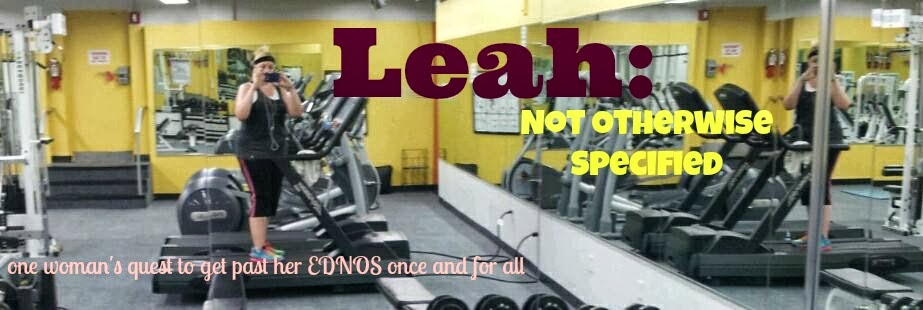note: The pictures have nothing to do with part III of the paper. They are to make this post a little less boring-looking.
It is important to carefully watch intake of certain vitamins, minerals, and nutrients when first beginning a plant-based vegan diet. It is easy to develop deficiencies in certain vitamins, minerals, and nutrients without following a plan, either devised by a nutritionist or carefully researched by the beginner vegan through reliable sources. The vitamins and nutrients that are definitely more challenging to obtain through a vegan diet as opposed to an omnivorous one are vitamin B12, Vitamin D, iron, calcium, zinc, and iodine (“Vitamins, Minerals”). Many vegans choose to supplement their diet with a vegan multivitamin to ensure that all of their dietary needs are met 100%, just like many non-vegans do. However, there are ways to get all of these vitamins, minerals, and other nutrients through a vegan diet without supplementation.
 |
| at a Grizzlies game! |
Good sources of vitamin B12 include: fortified cereals, soy products, and nutritional yeast. The requirement for vitamin B12 is 2.4 micrograms per day, which will need to be increased for women who are pregnant or breastfeeding (“Don’t Vegetarians”). It is extremely important for pregnant and breastfeeding vegans to ensure that their vitamin B12 needs are met, which is why most pregnant and breastfeeding vegans tend to take a B12 supplement, as well as eat a diet rich in this important vitamin. The rest of the population can get plenty of B12 each day by consuming one or two servings of the above-mentioned foods. Iron is something that those who eat a Standard American Diet (SAD) can easily obtain through eating red meat. Vegans also have plenty of iron options, including but not limited to the following: green leafy vegetables, kidney beans, lima beans, whole grains, avocados, almonds, and dried fruits (“Don’t Vegetarians”).
Zinc is another vitamin which vegans will need to be careful about getting enough. “The following foods rich in zinc contain about 2-5mg of zinc per serving and are listed in the order of highest to lowest: wheat germ toasted (1/4 cup), swiss chard, lima beans, baked potato, oats, mustard greens, pumpkin seeds, soybeans, rice, kidney beans, ginger root, wild rice, peas, leeks, lentils, cashews, sunflower seeds, and lima beans” (Sundene). If not trying to get adequate amounts of it, iodine is another nutrient that can be tricky. To get adequate amounts of iodine as a vegan, one must eat plenty of vegetables and grains, and also must be sure to add iodized table salt to some foods (Sundene).
 |
| beans and rice! A vegan classic. |
When considering a well-balanced diet, one must consider all nutrients, including fat. “Fat” has become a dirty word in the dieting world. However, certain fats are vital to human health. These healthy fats, called omega 3 and omega 6 fatty acids, are found in a wide variety of foods, and most of these fats are found in vegan foods. Nuts, seeds, and certain vegetables such as olives and avocado provide the body with healthy fats without the cholesterol and unhealthy fats of meat, fish, eggs, and dairy. Even lean animal foods, such as 97% lean ground beef, white meat chicken, egg whites, skim milk, and fish, still contain unhealthy fats and cholesterol (Knuttson). “Essential Fatty Acids nourish your skin, hair and nails, help to strengthen the immune system, and bring your body to its natural weight, along with a host of other wonderful benefits.” (Knuttson). Following a healthy vegan diet is actually one of the best ways to get the right amounts of the right fats. A healthy vegan diet includes many natural sources of healthy fats, like nuts, and virtually no unhealthy fats, like saturated and trans fats found in most meat and dairy products (Knuttson).
Healthy fats are found in both vegan and non-vegan diets, as all non-vegans are obviously permitted to eat however many natural healthy vegan fats that they want alongside their animal fats. Even a completely non-biased article written by the staff at the Mayo Clinic gives inadvertently vegan tips to eat fat in a healthier way, including, “Sauté with olive oil instead of butter.” and “Add slices of avocado, rather than cheese, to your sandwich” (Mayo 2).
 |
| after a workout on The Wave! |
...to be continued: Conclusion and Works Cited page




No comments:
Post a Comment